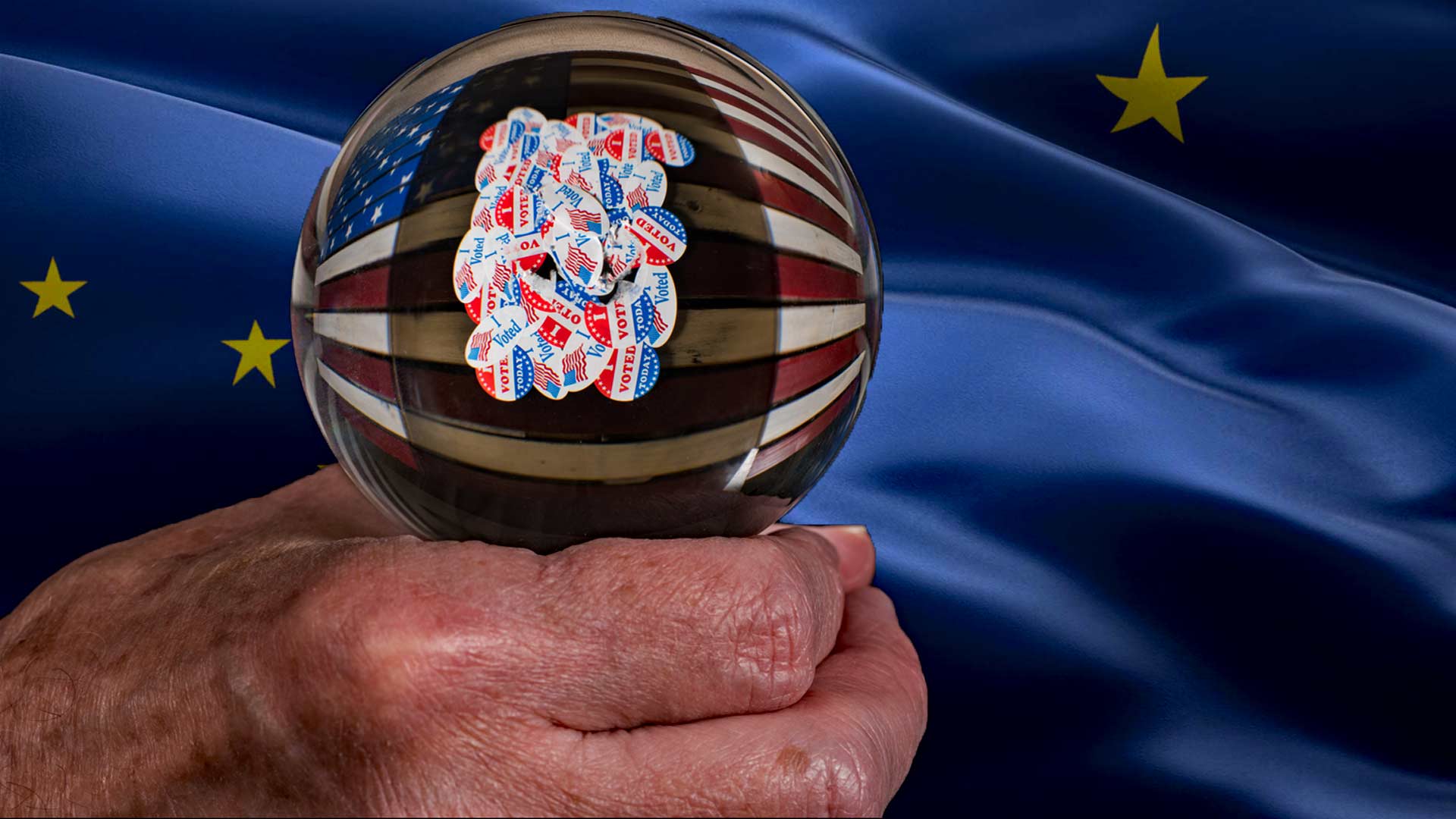
History teaches that nations cane be like people. While having many things in common, each is unique. As with people, a nation’s behavior is often understood in terms of the psychological attitudes and style that characterize its personality. Failure to understand cultural complexity and a nation’s psychological behavior in the historical context creates tension between governments and often leads to political and military conflicts.
Recently, the concept of nationalism has been interpreted by various political groups and mass media as a form of racial extremism associated with German and Italian Nazism of the 1930s and 1940s. This view is far from the factual truth. Let’s look at the term nationalism in the historic context.
Nationalism was mentioned for the first time in 1409 in Germany, at Leipzig University. However, it was in the late 18th century, with the American Declaration of Independence (July 4, 1776) and the French Revolution (May 5, 1789), that the term began to be used in the sense of national egoism (self-interest).
Nationalism was a force that caused Italian states to unify into one nation in the 19th century. This unification happened several ways. One, the nation’s geography served to isolate the people — a factor that helped them develop their own ways. Two, Italy was the home of Renaissance, and its people were proud of their heritage. Finally, Italy had been shamed by its defeat at Napoleon’s hands. So, to prevent such conquest, Italians pursued the creation of the strong united nation.
Nationalism was also responsible for the unification of Germany in the 19th century. In the 1860s, Otto von Bismarck, then President of Prussia, initiated wars against Denmark, Austria, and France, aligning the smaller German states behind Prussia in its defeat of their adversaries. In 1871, Bismarck unified Germany into a nation–state, forming the German Empire, as it is today (approximately).
On the other hand, the Austrian Empire was composed of many nationalities, each of which wanted its own national identity and political independence. Such disparate ideals led to division between Austrians and Hungarians. The Holy Roman Empire was the major political entity in Central Europe between 1500 and 1806. The Austrian Empire begin in 1814 and the Austro–Hungarian Empire after 1867. The Austro–Hungarian Empire lasted until the end of World War I in 1918.
The term often serves to explain efforts to reinforce our national identity and self-determination within U.S. national and international affairs.
European nations, after 1815, attempted to keep nationalism and liberalism in check. One of the most important results of the Napoleonic Wars in Europe was the revival of a spirit of nationalism – a sense of common identity that was felt deeply by people who share the same history, language, cultural traditions and moral values.
Spurred by French control of most of Europe during Napoleonic wars (1803–1815), people developed feelings of national identity and a desire to overthrow foreign rule. However, the nationalists, liberals and radicals posed threats to the old ways, and they alarmed conservatives. As a result, conservatives resisted the idea that people had natural rights — a contract between citizens and rulers.
I would like to stress that the nationalism of the early 20th century in Europe aroused feelings of patriotism (devotion to and vigorous support for one’s country). Imperialism promoted an exploitation of colonies. Militarism encouraged an arms race that prepared nations for World War I (1914–1918), and secret alliances engendered distrust among the world’s nations.
U.S. nationalism is civic, cultural, economic and ethnic. Essentially, it indicates those aspects that characterize and distinguish the United States as an autonomous political entity. The term often serves to explain efforts to reinforce our national identity and self-determination within U.S. national and international affairs. All four forms of nationalism have found expression throughout our country’s history, depending on the historical period.
ALASKA WATCHMAN DIRECT TO YOUR INBOX
In my opinion, Alaska nationalism (from the patriotic point of view) is represented by the Alaskan Independence Party (AIP), with today’s registered members of nearly 19,000 Alaskans. The Alaskan Independence Party advocates positions similar to those of the Constitution Party, Republican Party and Libertarian Party, supporting gun-rights (second amendment), privatization, home schooling, and limited government.
Founded by Joe Vogler on June 14, 1984, today the AIP has radically changed with respect to the issue of secession from the United States. It does not support secession, as it did at its founding. In 1973, Joe Vogler began arguing about the validity of the Alaskan statehood vote on January 3, 1959. Early in that year, he began circulating a petition seeking support for secession of Alaska from the United States. Joe Vogler was quoted in the 1973 issue of the Alaska Magazine: “I’m an Alaskan, not an American. I’ve got no use for America or her damned institutions.”
Today, nationalism is no longer merely historic or poetic feelings, but the true practical expression of daily life, commerce and economic development, free-market competition, territorial rights, natural resources, ethnic integrity and national cohesiveness. But it also often leads to the regional conflicts, such as: Yugoslavia, Somalia and Russia in the 1990s, Second Sudanese Civil War (1983-2005) and, more recently, between Israel and Palestine. Nevertheless, today’s nationalism also could be a positive expression of a nation’s unity, cohesiveness, achievements and pride — think Olympic Games, Nobel Prize winners, and accomplishments in literature, science and technology.
The views expressed above are those of the author.








2 Comments
Nathan Hale was a free American man, patriot and hero. He refused to stand under the dictates of the foreign British Parliament. His was an example of putting American interests first above other foreign geographic political bodies’s dictates.
He said at his hanging in his early twenties: “My only regret is that I have but one life to lose for MY COUNTRY”. He wasn’t a globalist, uni government type guy evidently. I don’t think he would have accepted mandates from foreign governments as our legislature and municipality have enjoyed doing.